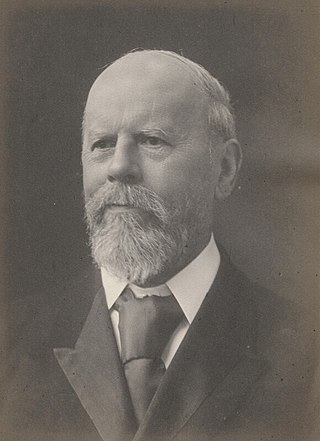
Sir John Edwin Sandys was an English classical scholar.
The Regius Professorships of Divinity are amongst the oldest professorships at the University of Oxford and the University of Cambridge. A third chair existed for a period at Trinity College Dublin.
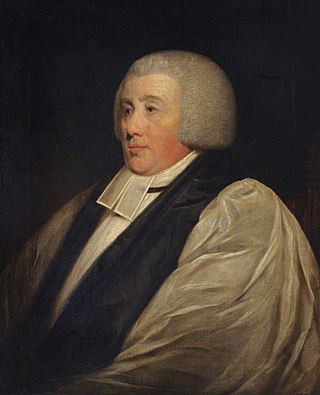
William Lort Mansel was an English churchman and Cambridge fellow. He was Master of Trinity College, Cambridge from 1798 to his death in 1820, and also Bishop of Bristol from 1808 to 1820.
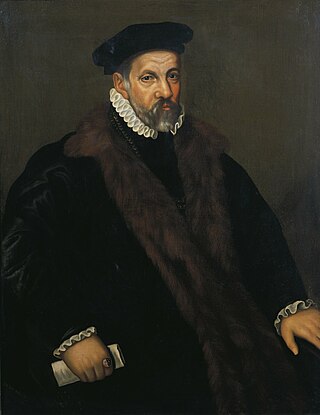
Thomas Wilson (1524–1581), Esquire, LL.D., was an English diplomat and judge who served as a privy councillor and Secretary of State (1577–81) to Queen Elizabeth I. He is remembered especially for his Logique (1551) and The Arte of Rhetorique (1553), which have been called "the first complete works on logic and rhetoric in English".
The High Steward in the universities of Oxford and Cambridge is a university official. Originally a deputy for the Chancellor, the office of High Steward had by the 18th century undergone the same evolution and become a position by which the universities honoured prominent external figures. The High Stewards still retain some functions relating to adjudication in disputes, appeals, and deputizing if there is a vacancy in the Chancellorship. In Oxford, the office of High Steward is now more similar to the office of Commissary in Cambridge.
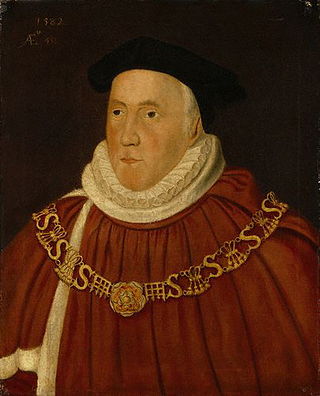
Sir Christopher Wray was an English judge and Chief Justice of the King's Bench.
The Archdeacon of Exeter is a senior ecclesiastical officer of the Diocese of Exeter in the Church of England. The modern diocese is divided into four archdeaconries: the archdeacon of Exeter supervises clergy and buildings within the area of the Archdeaconry of Exeter.
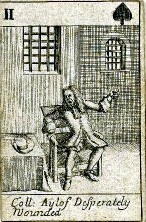
John Ayloffe was an English lawyer, political activist, and satirist, described as "one of the most consistently committed radicals of the century". According to his contemporary and political opponent Sir Roger L'Estrange, there were few 'more daring men for a desperate exploit'.
Rev. Sir John Ayloffe, 5th Baronet was an English clergyman, Rector of Stanford Rivers in Essex from 1707 until 1730.
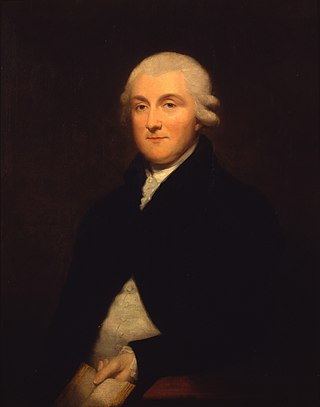
Henry Revell Reynolds was an English physician.
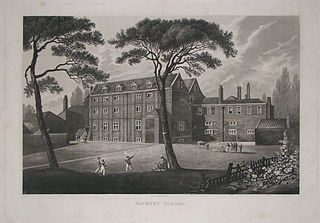
Newcome's School was a fashionable boys' school in Hackney, then to the east of London, founded in the early 18th century. A number of prominent Whig families sent their sons there. The school closed in 1815, and the buildings were gutted in 1820. In 1825 the London Orphan Asylum opened on the site. Today the Clapton Girls' Academy is located here.
Sir William Chester was one of the leading English Merchants of the Staple and Merchant Adventurers of the mid-16th century, five times Master of the Worshipful Company of Drapers, Lord Mayor of London in the year 1560–61 and Member of Parliament for the City of London. He should not be confused with his contemporary, William Chester, merchant of Bristol, M.P.
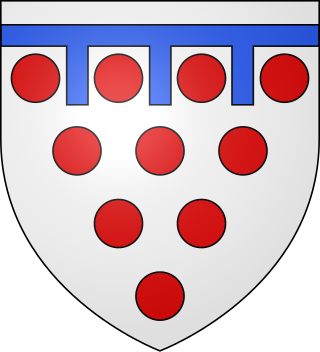
Babington is the name of an Anglo-Irish and English gentry family. The Anglo-Irish branch of the family is still extant today.
Theodore Henry Broadhead was an English army officer and politician.








